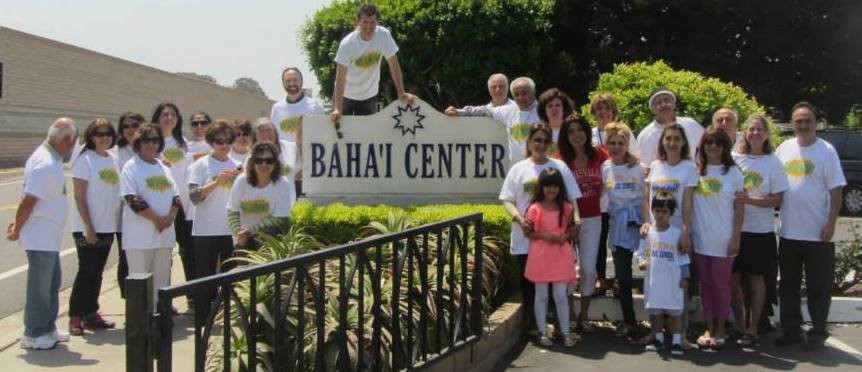
An op-ed by Jean Tschohl Quinn, Local Spiritual Assembly of the Bahá’ís of San Clemente, chair
The Holiday Season has begun, but where did the Holy Days go?
Amid all the pranking and harvest celebrations, we have lost the significance of All Saints Day, All Souls Day, and Samhain — the Celtic New Year. The beautiful contemplation of those who went before us, symbolized by Mictecacihuatl, can be lost amid sugar skulls and tawdry knockoffs of La Catrina. At the same time of year, Diwali is celebrated wherever there is a significant population of people linked to the Indian subcontinent. The festival has been around so long that each region has assigned different religious significances to it. Its celebration even transcends different religions – Hinduism, Jainism, Sikhism, Newar Buddhism – each with their own meanings and traditions. However, they all have the iconic little lamps, special foods, and fireworks.
Once the marketplace gets ahold of these special times of year, the holy days become holidays. Traditions become more important than their meanings. Lavishness overrides the heartfelt.
This time of year, Bahá’ís around the world have four holy days to celebrate or commemorate. There are no elaborate traditions associated with them. In fact, they might sound a little dull to those just hearing about them. Here’s the rub: Bahá’ís are advised to avoid traditions for tradition-sake. ‘Abdu’l-Bahá, known in the Bahá’í community as “the Center of the Covenant” among other titles, wrote in a letter, “It is incumbent upon you to strip yourselves of every old garment (i. e., old beliefs and past customs).” Thus, we aim for simplicity and meaning in commemorating each holy day. It is a challenge to keep these days special when nothing in general society supports it – no days off, no preprinted greeting cards, no special songs on the radio.
This week, we have two holy days: the Birth of the Báb and the Birth of Bahá’u’lláh. Remarkably, their respective birthdays fell on consecutive days in the Hijri calendar, the calendar in use where these two Manifestations of God were born in 19th century Persia. Whether these two days are treated like big birthday bashes or quiet gatherings is up to the planners of a specific gathering.
Towards the end of the month of November are two more holy days: the Day of the Covenant and the Ascension of ‘Abdu’l-Bahá.
The Day of the Covenant is a minor holy day, a day set aside to contemplate God’s ongoing relationship with humankind, how the great Religions of the world are interconnected, and the promise of world unity and peace promised to us through God’s Covenant with us. How does one celebrate that? My husband and I have been members of the Bahá’í community for thirty years; we have done it a little differently every year.
The Ascension of ‘Abdu’l-Bahá is, obviously, more commemoration than celebration. Because we know that the Servant of Bahá passed away at 1 a.m. 183 days after the Vernal Equinox, and many details surrounding the event, we gather to contemplate those details at that specific time, often in private homes. The only requirement is that we say prayers at that time. Everything else is up to the thoughtful consultation of the hosts.
To complicate matters a little further, Thanksgiving Day, being celebrated on the last Thursday of November, occasionally bumps up against the Day of the Covenant or the Ascension. That can make planning somewhat lumpy, but we manage. Will little Bahá’í children in America one day ask, “Mommy, Mommy, why is there a Covenant turkey?” I doubt it. However, having a leftover Thanksgiving Day potluck for the Day of the Covenant is really fun.
A family might create their own personal traditions so long as those traditions carry their meaning with them. It’s not particularly easy for parents to do when their children are surrounded by storefronts and advertisements shouting, “buy, Buy, BUY” for other holidays. Overall, our family has found great joy (and relief) that we have our special days and keep them holy, and that we can celebrate with our friends during their holidays (and holy days) without having the pressure of all the outer trappings.
The Holiday Season has begun. Where are the Holy Days? We carry them in our hearts.
